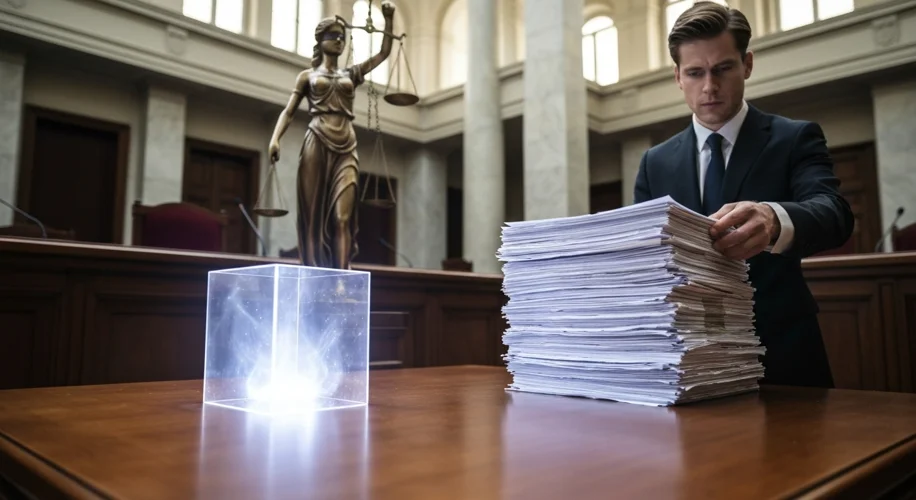The year is 2025. The name Jeffrey Epstein remains a chilling echo in the annals of recent history, a name synonymous with unimaginable depravity and a web of powerful connections that seemed to stretch into the highest echelons of society. For years, the legal proceedings surrounding his crimes, and the revelations that followed his 2019 arrest and subsequent death, have been a subject of intense public scrutiny and, for many, profound frustration.
Epstein, a financier with an enigmatic aura and a penchant for lavish lifestyles, built a network that ensnared countless young women and girls. His alleged crimes, spanning decades and multiple locations, painted a grim picture of exploitation, abuse, and a disturbing disregard for human dignity. The initial arrest, on charges of sex trafficking of minors, marked the beginning of what many hoped would be a thorough reckoning. However, the narrative took a sharp turn with his death in a Manhattan jail cell in August 2019, officially ruled a suicide. This event, occurring just weeks before his trial was set to begin, left a gaping void in the pursuit of justice for his victims and fueled widespread speculation and conspiracy theories.

The complexities of the Epstein case extended far beyond the immediate accusations. The sheer number of influential individuals implicated, through his alleged involvement in a sex-trafficking ring, cast a long shadow over various sectors, including finance, politics, and academia. Many of his associates, including former associates and prominent figures who benefited from his network, faced intense public pressure to account for their connections. The lack of widespread prosecutions among these individuals became a focal point of public anger, leading many to question the very nature of accountability for the elite.
Central to the ongoing public discourse has been the persistent call to unseal the vast trove of documents related to Epstein’s legal battles. These records, compiled through investigations, witness testimonies, and court proceedings, hold the potential to illuminate the full scope of his activities and the extent of his network. For years, these documents were kept under seal, a move that, while standard in many legal cases, became a symbol of the perceived secrecy and potential cover-up surrounding Epstein’s empire. The victims, their families, and advocates for justice have consistently campaigned for their release, believing that transparency is paramount to understanding the systemic failures that allowed such abuse to proliferate.
In the years following his death, numerous legal battles ensued over the unsealing of these records. Court filings and public pressure mounted, with various news organizations and advocacy groups filing motions to gain access. These efforts were met with resistance, citing privacy concerns and the ongoing investigations into Epstein’s associates. The legal wrangling underscored a fundamental tension: the public’s right to know and the need for justice versus the protection of individuals and the integrity of ongoing legal processes.
In a significant development in late 2023, a federal judge ordered the release of a list of names associated with Epstein’s case, a move that began to peel back layers of secrecy. This was followed by further unsealing of documents, slowly bringing more details into the public domain. These released documents have provided chilling insights, detailing allegations from numerous victims and naming individuals who interacted with Epstein, often in the context of his lavish parties and private island, known as ‘Little St. James.’ The revelations continue to send ripples through society, prompting further investigations and demanding accountability from those previously shielded by silence.
The implications of the Epstein case and the ongoing efforts to unseal its records are far-reaching. They serve as a stark reminder of the vulnerabilities that can exist within societal structures and the critical importance of vigilant oversight. The narrative has evolved from a focus solely on an individual perpetrator to a broader examination of the systems that may have enabled or protected such behavior. The fight for transparency in the Epstein case is, in essence, a fight for a more just and accountable society, where power does not insulate individuals from the consequences of their actions, and where the voices of victims are heard and heeded.
The story of Jeffrey Epstein, though marked by tragedy and a premature end to legal proceedings, continues to unfold through the slow, deliberate process of unearthing truth. The sealed documents, once locked away, are now slowly revealing their contents, offering a fragmented but crucial glimpse into a dark chapter, and urging a collective commitment to ensuring that such abuses are never again allowed to fester in the shadows.

